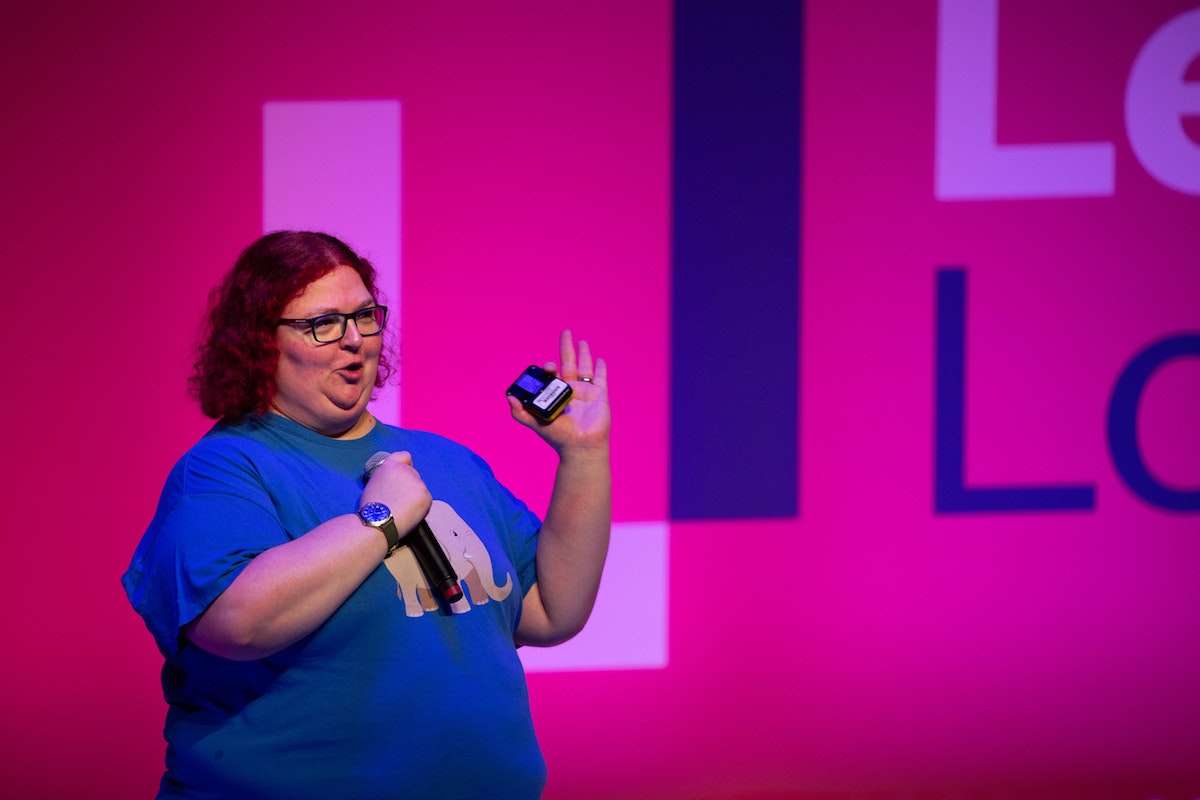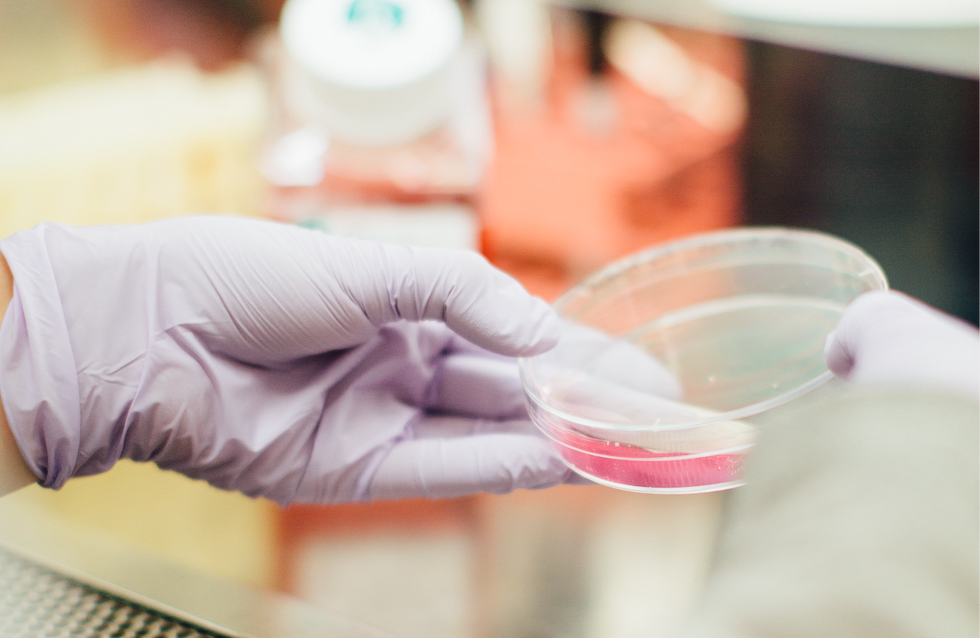The old adage that 'a general is only as good as their last war' is apt when describing the state of the world's medicine cabinet for the fight against Covid-19. Infectious diseases have been killing humans for millennia — from the Black Death to Spanish flu, SARS and Ebola — but we are always on the back foot, never quite able to produce the panacea to prevent these epidemics. Moreover, whilst scientists have been fast to produce an experimental Covid-19 vaccine, due to the lengthy testing process it won’t be ready until 2021, by which time the urgency and emergency of this outbreak will have passed.
In 2018, the pharmaceutical industry spent an estimated $180bn in drug development, supplemented by large-scale funding for early-stage research by both governments and charitable bodies, such as the Wellcome Trust, and over $86bn invested in venture-backed companies by long-term investors. During that time, we have seen an unprecedented acceleration of scientific knowledge bringing us some significant medical breakthroughs, including the first outright cures for previously untreatable genetic conditions like spinal muscular atrophy, haemophilia B and retinitis pigmentosa.
So why is it that whilst we can now manipulate the body’s own natural defences to treat cancer and deploy gene therapies to cure diseases, we can’t treat a virus?
The answer sadly is money.
It starts small
Most new drugs nowadays are invented and developed by small, investor-backed companies. 19 of the 59 new drugs approved in 2018 in the US were developed by companies that received VC funding in the last 15 years, whilst only 13 were developed by the top 30 big pharmaceutical companies.
Moreover, for every billion dollars spent on early-stage R&D, biotech startups (benefitting from focus, cost efficiencies and better productivity) develop 4.5 new drugs compared to big pharma’s 0.7. A novel antiviral or antibiotic drug is far more likely to be developed by a biotech company backed by venture capital.
Biotech startups develop 4.5 new drugs compared to big pharma’s 0.7.
But the problem is that for a VC to invest they need an exit. And to get an exit they need a market. In normal times, without a pandemic raging around us, a novel antiviral or antibiotic drug once approved won’t sell like hot cakes, it will just sit on the shelf. Who wants to buy a drug for a disease that hasn’t happened yet or may never happen, that instead of helping, will accelerate antibiotic resistance? No market means no return on capital employed by the biotech, therefore no exit for the VC, no investments into future pandemic treatments.
Understandably, big pharma is unwilling to develop these drugs for the same reason — there’s no money to be made — and biotechs cannot afford to, evidenced by the several successful antibiotic developers that went bust last year.
Never prepared enough
With every major epidemic, including SARS-CoV in 2003 and the Ebola outbreak in 2014–2016, the issue of preparedness is raised. The response from governments and charities around the world usually focuses on providing what is, in economic terms, an attractive incentive.
There are several major non-market funding mechanisms, such as the Coalition for Epidemic Preparedness Innovations (CEPI), the Platform for European Preparedness Against Re-Emerging Epidemics (PREPARE) and the Pandemic Prevention Platform (P3) operated by US DARPA. These do excellent work to support academic institutions and small companies with grant funding in order to develop novel drugs for underserved or potentially dangerous infections — like Covid-19 and MRSA. CEPI alone has attracted and deployed over $750m in funding.
The recently established AMR Action Fund will provide much-needed growth capital, allowing fledgling startups to persist for several more years. The fund was developed in collaboration with the World Health Organisation (WHO), the European Investment Bank and the Wellcome Trust, and aims to invest more than $1bn to overcome key technical and funding barriers of late-stage antibiotic development. It will also work with governments to ensure there is a sustainable pipeline of new antibiotics to fight superbugs.
However, this does nothing to alleviate the lack of paying customers which puts VCs off investing in the space.
A potential solution
Global governments need to come together to forge a new funding model for these vital drugs, providing a route to market that is both attractive and commercially viable.
Global governments need to come together to forge a new funding model for these vital drugs.
Any company that successfully completes a phase III trial and registers a drug for the treatment of any disease on a list of high-risk viruses and epidemic bacterial infections through a major medical regulator (such as the FDA, EMA or MHRA), should be allowed to surrender an exclusive licence to this drug to a world health fund. This could be overseen by the WHO and managed in a way that allows global access for a fixed lump sum. The fund can then stockpile and license out to generic manufacturers to start production once needed. The fixed lump sum would make the commercial players lead disciplined R&D efforts and would also help the non-market funding schemes recoup some of the cost.
With the estimated cost of Covid-19 currently forecasted to be over $5tn, a new funding model seems like a small price to pay to ensure this never happens again.



